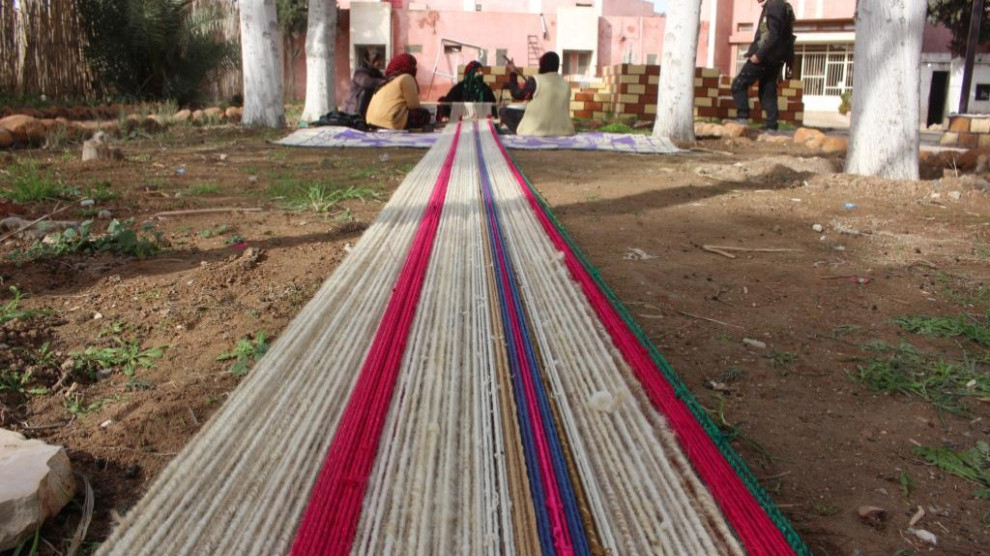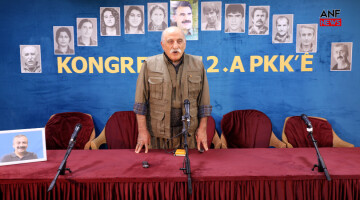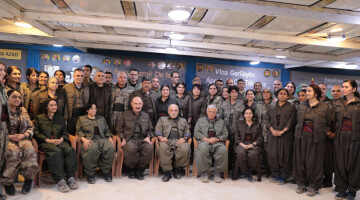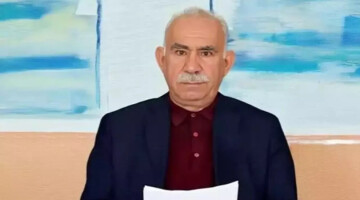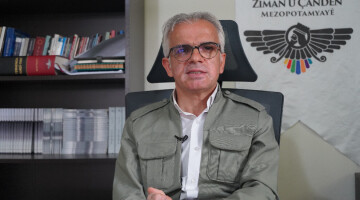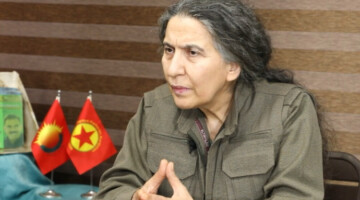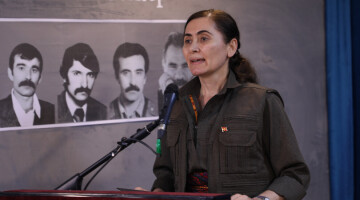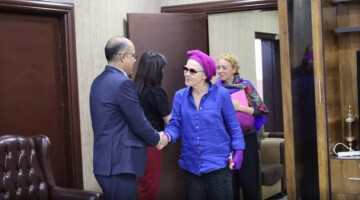Carpet weaving is one of the oldest crafts of mankind. So old that some of the weaving traditions in Iran, Azerbaijan and Kyrgyzstan, but also in Bulgaria and Romania, are protected by UNESCO as intangible cultural heritage of mankind.
To this day, however, it is not clear whether carpet weaving originated in nomadic or sedentary societies. The problem of archaeology is that textiles are hardly preserved due to wear and tear, insect damage and environmental conditions. Only in extremely cold or salty regions do carpet fragments survive the centuries. They are also found less frequently in dry regions. Central Asia is assumed to be the origin of the carpet.
Probably the oldest sources mentioning carpets are cuneiform script on clay tablets from the royal archives of Mari, a Mesopotamian city-state in what is now Tell Hariri in Syria, from the second millennium BC.

In Til Hemis, the Centre for Art and Culture tries to contribute to the preservation and development of cultural heritage despite wars and aggressions. It recognised the loss of carpet weaving early enough and has launched initiatives to counteract the fact that the craft is being displaced by industry or war and to revive tradition. One of the carpet manufacturers supported by the Cultural Centre is Şêxa Şelo. She runs a small carpet weaving mill and is supplied with weaving frames, knotting material, paint and other necessary utensils. For hand knotted carpets, mainly natural fibres are used. The most common materials are wool, silk, and cotton. Nomads also use goat hair and camel wool.

"I learned carpet weaving from my mother as a child," explains Şelo. She says that although she earns her living and ensures the survival of her family, her main concern is to preserve Syria's cultural heritage. "Carpet weaving is a great passion for me. Reviving the old weaving traditions with hand-spun, traditionally dyed wool means a lot to me. I hope that other women will also take an interest and contribute to a carpet renaissance. After all, it's about our culture."

